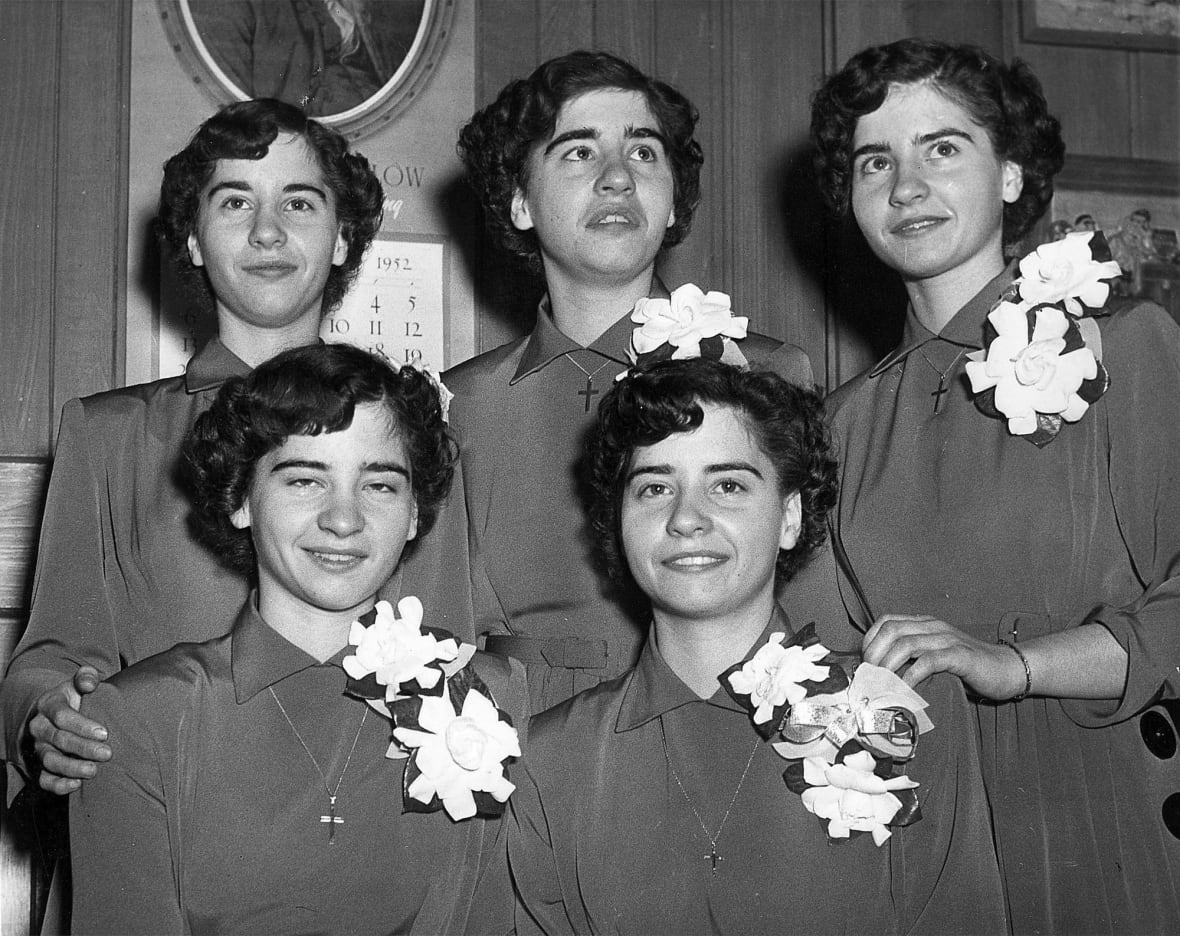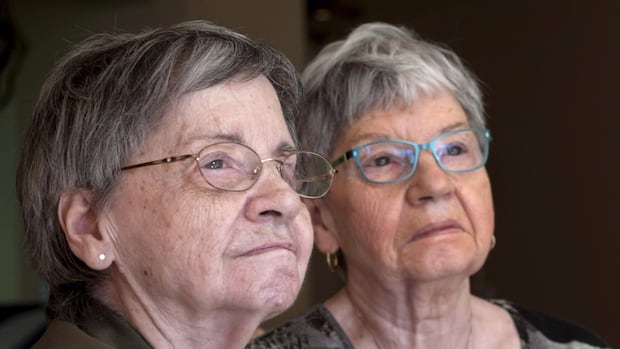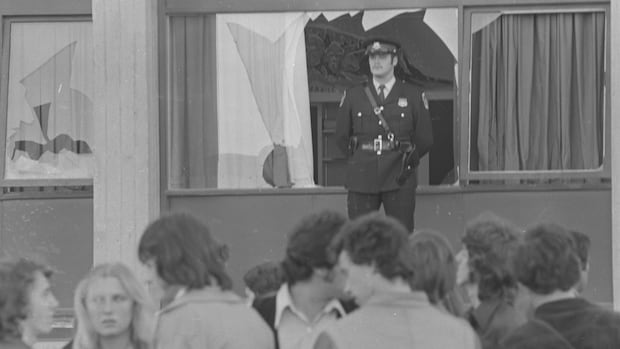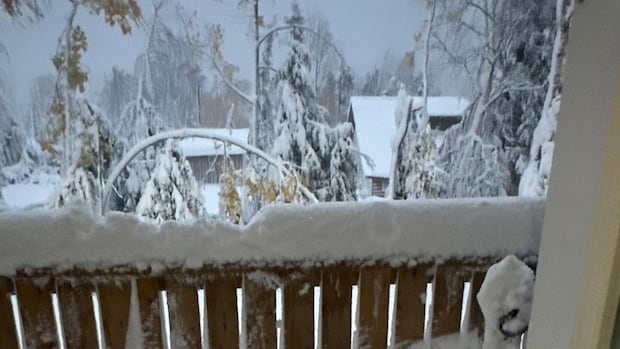Cecile Dionne, one of the world-famous Dionne quintuplets, died earlier this week following a long illness. She was 91.
Her death, in a Montreal hospital, was confirmed by Carlo Tarini, a former spokesperson for the family.
The Dionne quintuplets became a global sensation after their birth in a small loghouse outside Corbeil, Ont., on May 28, 1934. Born prematurely, they were believed to be the first quintuplets to survive past infancy.
The sisters were a source of fascination at a time when multiple births were rare, and their lives were not easy.
“A symbol of an era marked by wonder, controversy, and exploitation, she lived her life with quiet dignity, exemplary discretion, and gentle humour, despite the hardships of a childhood lived in the public eye,” read her obituary, shared by Tarini.
“She leaves behind family members, close friends, and countless Canadians who continue to remember with emotion the extraordinary story of the ‘Dionne quintuplets.'”
Cecile’s sister, Annette Dionne, is the lone surviving quintuplet.
The Ontario government removed the quintuplets from their family when they were just four months old. The province deemed their parents unfit after agreeing to display them at the Chicago World’s Fair (though they later changed their mind).
In government care, the sisters were moved into a special nursery and observatory called Quintland, with scheduled viewing times for the public.
In Quintland, the girls were tended to by a team of nurses and were put on display for thousands of curious tourists.

The girls’ parents, Oliva and Elizire Dionne, won them back when they were nine after a bitter custody battle, though their experience with them was also difficult. In past interviews, some of the sisters alleged their father was abusive.
In 1998, the three surviving sisters received an apology and a $4-million settlement from the Ontario government for its role in mismanaging a trust fund meant to support them.
In a 2017 interview with CBC, as she fought to preserve her childhood home, Cecile reflected on the challenges the quintuplets faced.
“We went through many things,” she said, explaining that although she and Annette have some fond memories of Quintland, it was no way for children to grow up.
“We didn’t feel free,” she said. “It’s not normal for a human to be watched like that all the time.”







